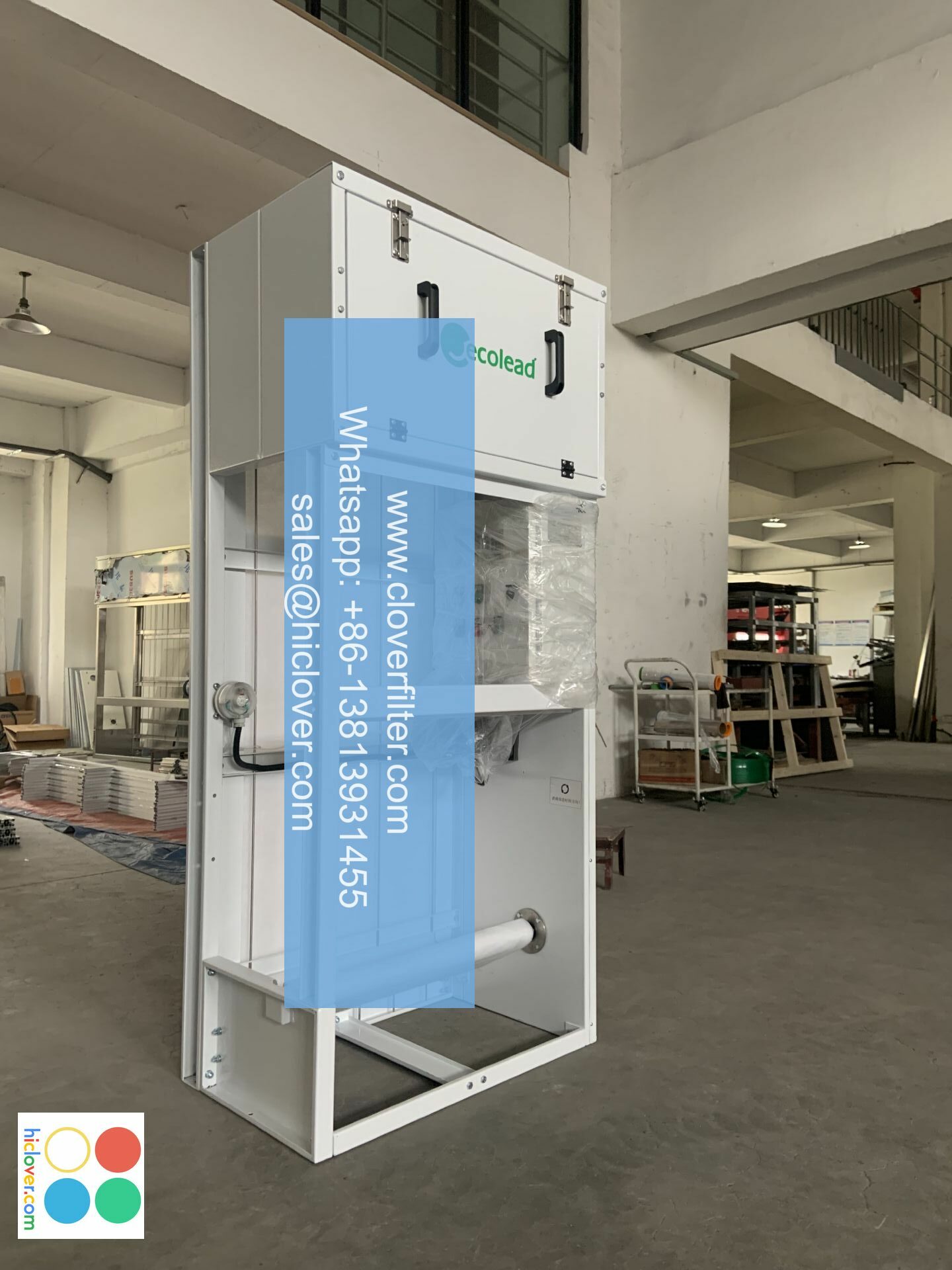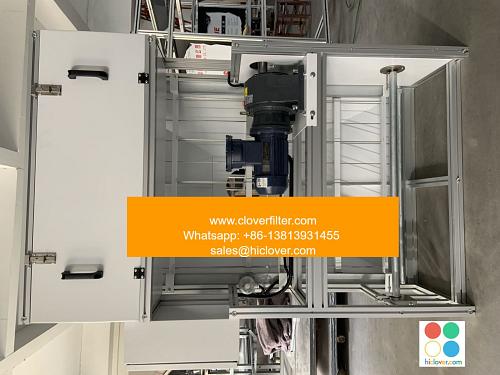The Benefits of Air Filters for the Environment

Air filters are an essential tool in the quest for a cleaner and healthier environment. By removing pollutants and particulate matter from the air, air filters play a crucial role in improving indoor air quality and reducing outdoor air pollution. In this article, we will explore the benefits of air filters for the environment, highlighting various application areas and key words such as air purification, particulate matter reduction, and energy efficiency.
Indoor Air Quality Improvement
One of the primary benefits of air filters is their ability to improve indoor air quality. By removing particulate matter, pollutants, and allergens from the air, air filters can help to create a healthier indoor environment. This is especially important in commercial buildings, hospitals, and schools, where indoor air quality can have a significant impact on occupant health and productivity. Air filters can also help to reduce the risk of respiratory problems and other health issues associated with poor indoor air quality.
Outdoor Air Pollution Reduction
Air filters can also play a critical role in reducing outdoor air pollution. By removing particulate matter and pollutants from the air, air filters can help to improve ambient air quality and reduce the negative impacts of air pollution on the environment. This is especially important in urban areas, where air pollution can be a significant problem. Air filters can be used in a variety of outdoor applications, including industrial facilities, power plants, and vehicles.
Energy Efficiency and Cost Savings
In addition to their environmental benefits, air filters can also provide energy efficiency and cost savings. By removing particulate matter and pollutants from the air, air filters can help to reduce the load on heating and cooling systems, leading to lower energy consumption and cost savings. This is especially important in commercial buildings and industrial facilities, where energy efficiency can have a significant impact on operating costs and profitability.
Application Areas
Air filters have a wide range of application areas, including:
* Commercial buildings: Air filters can be used to improve indoor air quality and reduce outdoor air pollution in commercial buildings, such as office buildings, hospitals, and schools.
* Industrial facilities: Air filters can be used to reduce particulate matter and pollutants in industrial facilities, such as power plants, chemical plants, and manufacturing facilities.
* Vehicles: Air filters can be used to improve air quality and reduce emissions in vehicles, such as cars, buses, and
* Residential homes: Air filters can be used to improve indoor air quality and reduce outdoor air pollution in residential homes, such as single-family homes and apartments.
Conclusion
In conclusion, air filters are an essential tool in the quest for a cleaner and healthier environment. By removing particulate matter and pollutants from the air, air filters can help to improve indoor air quality, reduce outdoor air pollution, and provide energy efficiency and cost savings. With their wide range of application areas, air filters are an important technology for improving environmental health and reducing the negative impacts of air pollution. You haven’t provided a prompt for me to respond to. Please provide a question or topic you’d like to discuss, and I’ll do my best to provide a helpful and direct answer.

